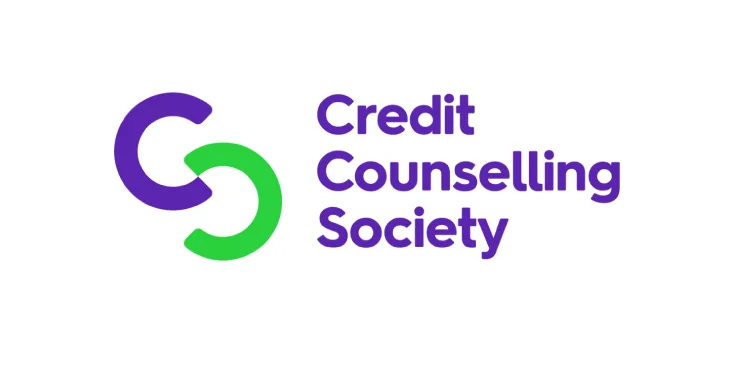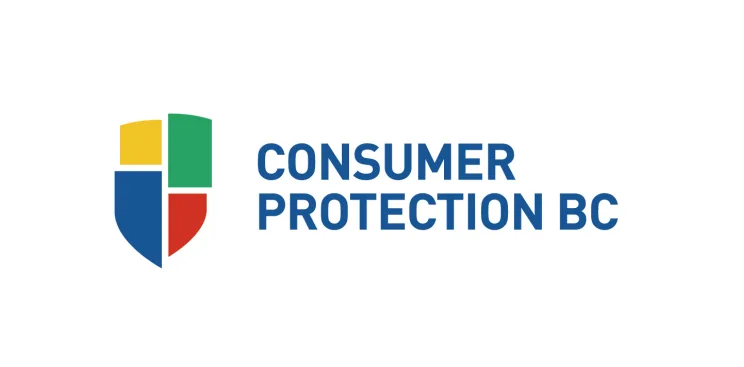
If I hire a debt settlement company, my creditors must negotiate with them.
If you’re experiencing debt problems, one option to explore is whether your creditors may be open to negotiate a debt settlement. This involves paying your creditors a lump sum amount that’s less than the full value of the debt you currently owe. Learn what’s involved in a debt settlement, and how to protect yourself in negotiating one.
What you should know
The simple idea behind debt settlement is to negotiate with your creditors to have your debts paid in full but for less than what you currently owe. Debt settlements can range between 20% to 80% of the debt owed. (Settlements at the lower end of this range are extremely rare and would require exceptional circumstances.)
You can negotiate a debt settlement on your own, or you can get help from a professional. Below, under “Work out the problem," we walk you through the steps involved in negotiating with your creditors yourself.
You can get help with negotiating a debt settlement. Non-profit credit counselling agencies offer debt settlement services. So do for-profit companies. Sadly, some exaggerate what they can do to solve your debt problems. And some do things that are downright illegal. See this consumer alert from the Financial Consumer Agency of Canada for some of the tactics to watch out for.
Under BC law, anyone who acts for you or represents you in negotiations with your creditors must be licensed as a “debt repayment agent." If you deal with an unlicensed debt settlement company, you have little recourse if things don’t work with them. For example, their contracts typically allow them to collect fees from their clients (that is, you) without providing any service in return. This is against the law in BC (see below, under “If you hire a debt settlement company”). But if the company is unlicensed, it can be harder to pursue a complaint against them.
Non-profit credit counsellors can be a good option to help with a debt settlement. The Credit Counselling Society, for one, only charges a fee for their debt settlement services if they are successful at negotiating a settlement for you and receive written acceptance from your creditors.
Make sure whoever you hire is licensed
Check the Consumer Protection BC website to confirm that whoever you’re considering as an option to help with a debt settlement is licensed in British Columbia.
Many debt settlement companies work this way: After you sign a contract with the company, they require monthly payments. The money goes into an account. When there’s enough in the account, the company makes its first settlement offers to some of your creditors.
Here’s the problem: While you’re making payments to the debt settlement company, your creditors get nothing. Some of them may run out of patience and get a collection agency involved to recover their money. Or they might take you to court. It’s critical to make sure in advance that your creditors are willing to cooperate with the debt settlement company.
Also be aware that a number of creditors don’t like to deal with for-profit debt settlement companies. Some of these companies use aggressive negotiating tactics or delay making promised payments to creditors. Unlike non-profit credit counselling agencies, these companies are often more concerned with making money themselves than helping you get out of debt.
To further add to the grief, some for-profit debt settlement companies charge you a fee even if they aren’t successful in reaching an agreement with your creditors. (This is against the law in BC; see below, under “If you hire a debt settlement company.") So in the end, you’re left owing more money.
Research debt settlement companies
Before you sign with a debt settlement company, do some research. Find out about any unresolved complaints against it. Contact the Better Business Bureau in your area to ask about any complaints.
Under BC law, when you hire someone to represent you in negotiations or arrangements with your creditors, that person is called a “debt repayment agent." They must make a written contract with you.
Requirements for the contract
The contract must be signed by both you and the company. It must contain certain terms, including:
the company’s fees
a list of your creditors who will be paid under the contract, and how much each creditor is owed
the method the company proposes to use in negotiating the settlement (lump sum payment or schedule of payments)
the timing of the settlement proposal and payments
The law caps the fees the company can charge you. If you make a lump sum payment to settle your debts, they can’t charge more than 10% of the amount paid. If you make periodic payments over a term of more than three months, the company can charge up to 15% of the amount paid plus a one-time fee equal to a monthly payment to your creditors.
The company can’t charge you anything before a repayment proposal is accepted, in writing, by you and one or more of your creditors.
Other legal requirements
Under BC law, the company must inform you within 30 days of learning a creditor’s response to a debt settlement offer.
As well, the company must not:
prevent you from communicating with your creditors directly
provide any gift or benefit to bait you into entering a contract
lend you money or provide you credit
assist you in getting a loan or credit from a lender
Your creditors aren’t legally obligated to negotiate with you. However, most will agree to negotiate because they want to get as much money from you as they can.
Work out the problem
To effectively negotiate with your creditors, you need to know where you stand financially. Start by making a list of your debts. If you’re behind in payments on things like your rent, property tax, or your utility bill, include those debts.
Gather information for each debt. For each one, you should find:
the name of the creditor or lender
your account or reference number
a copy of any loan agreement you signed
details of how much is currently owing
If you don’t know how much you owe, ask your creditor for an updated statement. This will tell you all the payments you’ve made, and the remaining balance.
For each debt, note whether your payments are up to date or in arrears (that is, behind). If you’re in arrears, note how many payments you’ve missed.
Because a debt settlement requires a lump sum of money to offer your creditors, it isn't a viable option for everyone. To source the money, you might consider:
selling any assets that aren’t being used or that aren’t absolutely necessary — for example, a second car, motorcycle, boat, or collectibles
opening a line of credit
Make a settlement offer to your creditors. It’s best to write to them. You can use our template letter.
In making the offer, you have to convince your creditors why they should agree to less than full payment of your debts. It could be that you’ve had a major setback, such as a health problem or job loss. Or that it’s in their interests to get paid (for example) 50% or 75% of what they’re owed rather than next-to-nothing (if you have to declare bankruptcy).
Make sure you get the debt settlement confirmed in writing. Particularly if you negotiated the settlement over the phone, it’s essential you follow up in writing to confirm the details of the settlement.
Common questions
No. You can negotiate a debt settlement with your creditors yourself. The tips and template letter above are designed to support you in taking action on your own if you choose to do so.
No. Some debt settlement companies “guarantee” they’ll prevent you from being sued by your creditors. This is false and misleading advertising. Such a guarantee isn’t possible. Your creditors can still sue you for payment once you’ve hired a debt settlement company.
In fact, hiring a debt settlement company can have the unintended effect of making it more likely your creditors will come after you. This is because most arrangements with a debt settlement company involve the creditors no longer getting paid. (You pay into the company’s account instead.) Some creditors might respond by getting a collection agent involved or starting a legal action.
Who can help

Credit Counselling Society of BC
A non-profit society that helps people better manage their money and debt.

Better Business Bureau
Contact them to find out if there have been complaints about a particular debt settlement company.

Consumer Protection BC
Regulates "debt repayment agents" in the province.

